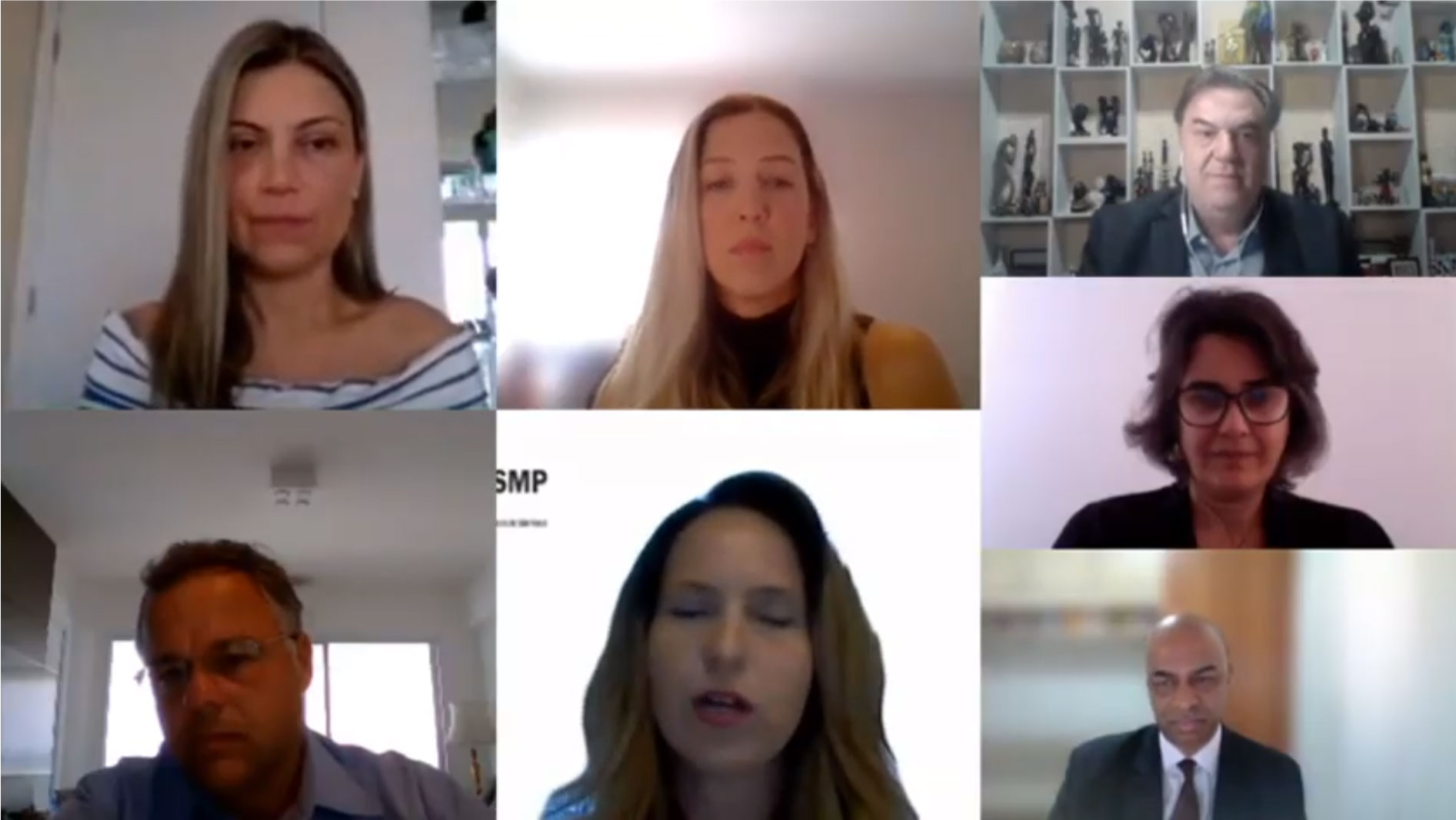
The new law on food donation (Law No. 14.016), signed by the President of Brazil in June 2020, paves the way to the fight on food waste and allows food donation by producers and suppliers. To discuss the application of the new law within the scope of the Brazilian food and nutrition security policy, the Public Prosecutor’s Office School (Escola Superior do Ministério Público) in São Paulo organized a webinar on July 20, which was attended by jurists, members of the Prosecutor’s Office and the Director of the WFP Centre of Excellence against Hunger Brazil, Daniel Balaban
In his presentation, Daniel Balaban described WFP’s humanitarian work, the state of hunger in the world based on the latest SOFI data and new challenges generated by the Covid-19 pandemic. He also warned that women and children are the majority when it comes to the number of people who are facing food insecurity in the world. Additionally, 3 billion people worldwide are unable to consume nutritious food, while 1/3 of what is produced in the world goes to waste (the equivalent to 1.3 billion tons of food).

He stressed that hunger had been decelerating globally, but the scenario has been changing in recent years. “We had a golden age from the 2000s onwards, and that pace was interesting until around 2016, when hunger begun to increase again,” he said. “It is important for people to know that the situation was already deteriorating, and the pandemic is potentializing that situation and showing that we will have a future of great challenges if we do not act in a coordinated manner”.
Click here to watch the full webinar >>





